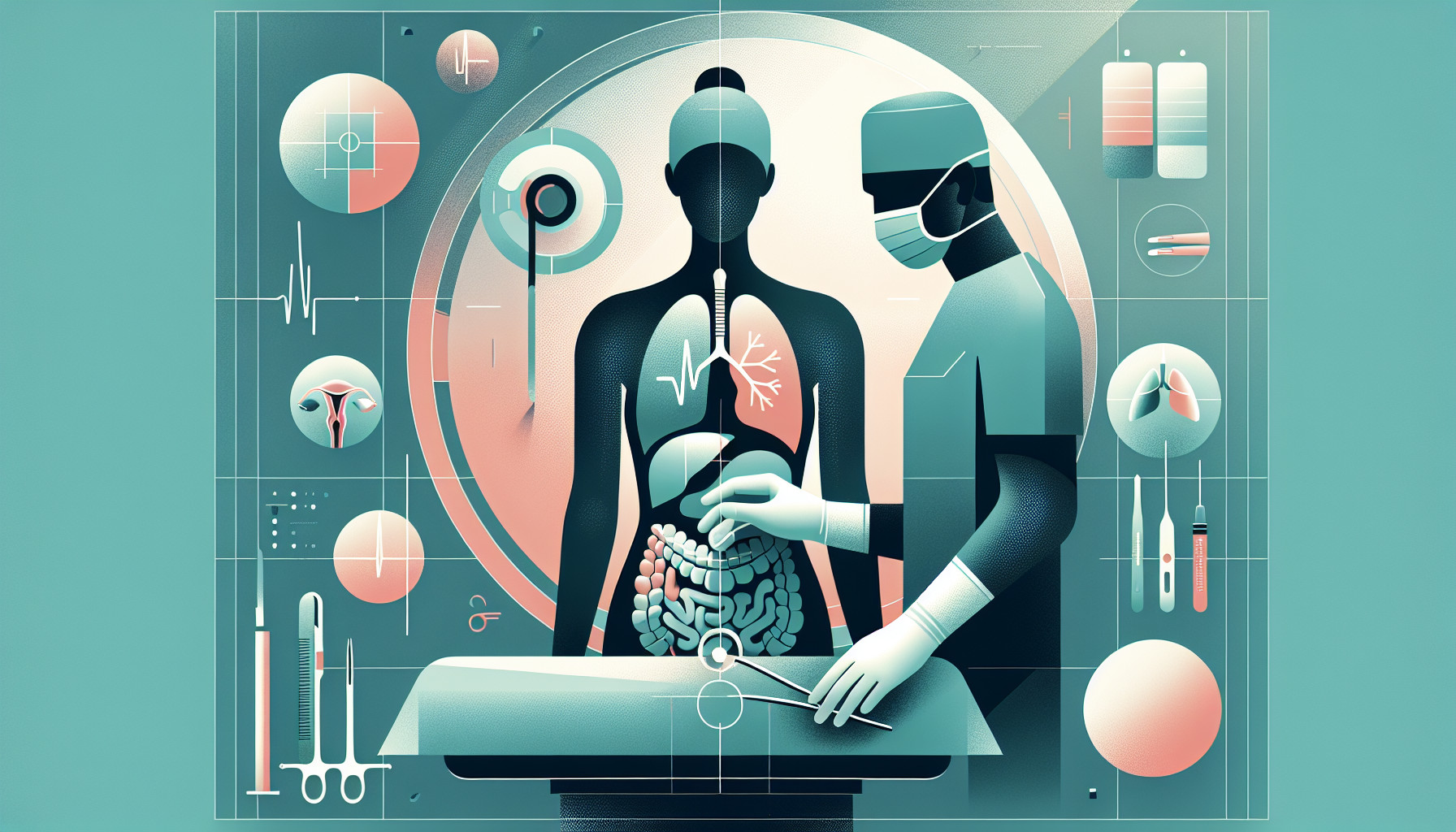Our Summary
This study investigated whether electro-acupuncture - a type of acupuncture where a small electric current is passed between pairs of acupuncture needles - could help heal shoulder injuries in rats. The researchers caused a rotator cuff injury in some of the rats and then treated some of these injured rats with electro-acupuncture. They then compared these rats with injured rats that didn’t get the treatment, and rats that were not injured at all.
They measured how long it took for the rats to withdraw their paw from a heat source (a measure of pain), the level of inflammation in the shoulder joint, and how much load the injured shoulder could bear at 2, 4, and 8 weeks after the injury.
They found that the rats that received electro-acupuncture showed less pain, less inflammation, and could bear more load on their injured shoulder compared to the rats that didn’t receive any treatment. However, all injured rats, regardless of whether they received treatment or not, had more pain, more inflammation and could bear less load compared to the rats that were not injured at all.
The researchers concluded that electro-acupuncture might help ease pain and promote healing in shoulder injuries by reducing inflammation and improving the shoulder’s ability to bear load. However, as this study was conducted in rats, further research is needed to see if these findings apply to humans as well.
FAQs
- What is electro-acupuncture and how was it used in this study on rotator cuff repair?
- What results did the researchers find after treating injured rats with electro-acupuncture?
- Based on this study, can electro-acupuncture be used to treat shoulder injuries in humans?
Doctor’s Tip
A helpful tip a doctor might tell a patient about rotator cuff repair is to consider trying electro-acupuncture as a potential treatment option to help ease pain, reduce inflammation, and promote healing in the shoulder. It is important to discuss this option with your healthcare provider to see if it is appropriate for your specific situation. Additionally, continuing with recommended physical therapy exercises and following post-operative care instructions are also important for a successful recovery after rotator cuff repair surgery.
Suitable For
Patients who are typically recommended for rotator cuff repair are those who have:
- Severe pain in the shoulder that does not improve with conservative treatments such as physical therapy, rest, and medications.
- Significant weakness in the shoulder that affects daily activities.
- Limited range of motion in the shoulder that does not improve with conservative treatments.
- Evidence of a torn or damaged rotator cuff tendon on imaging studies such as MRI.
- Active individuals who want to return to sports or physically demanding activities.
Timeline
Before rotator cuff repair:
- Patient may experience shoulder pain, weakness, and limited range of motion
- Patient may undergo physical therapy, cortisone injections, or other conservative treatments
- If symptoms do not improve, patient may be recommended for rotator cuff repair surgery
After rotator cuff repair:
- Patient undergoes rotator cuff repair surgery to repair the torn tendon
- Patient may experience pain and discomfort in the shoulder post-surgery
- Patient undergoes physical therapy to regain strength and range of motion in the shoulder
- Over time, patient’s pain decreases, strength improves, and range of motion increases
- Full recovery from rotator cuff repair surgery can take several months
Overall, the timeline of a patient before and after rotator cuff repair involves initial symptoms, diagnosis, treatment, surgery, recovery, and rehabilitation to regain function in the shoulder.
What to Ask Your Doctor
Some questions a patient should ask their doctor about rotator cuff repair include:
- Is rotator cuff repair surgery necessary for my specific injury, or are there other treatment options available?
- What are the potential risks and complications associated with rotator cuff repair surgery?
- What is the expected recovery time and rehabilitation process after rotator cuff repair surgery?
- Will I need physical therapy after the surgery, and if so, what will that entail?
- What are the success rates of rotator cuff repair surgery, and what are the chances of the injury recurring?
- Are there any alternative or complementary treatments, such as acupuncture or electro-acupuncture, that may help with the healing process?
- How can I best manage pain and inflammation during the recovery period?
- Are there any specific lifestyle changes or modifications I should make to prevent further shoulder injuries in the future?
- How often will I need follow-up appointments to monitor the healing process and check for any complications?
- Are there any specific exercises or activities I should avoid during the recovery period to prevent re-injury?
Reference
Authors: Song W, Han X, Li K, Chen C, Wang H, Zheng X. Journal: Nan Fang Yi Ke Da Xue Xue Bao. 2020 Oct 30;40(10):1513-1517. doi: 10.12122/j.issn.1673-4254.2020.10.19. PMID: 33118514
